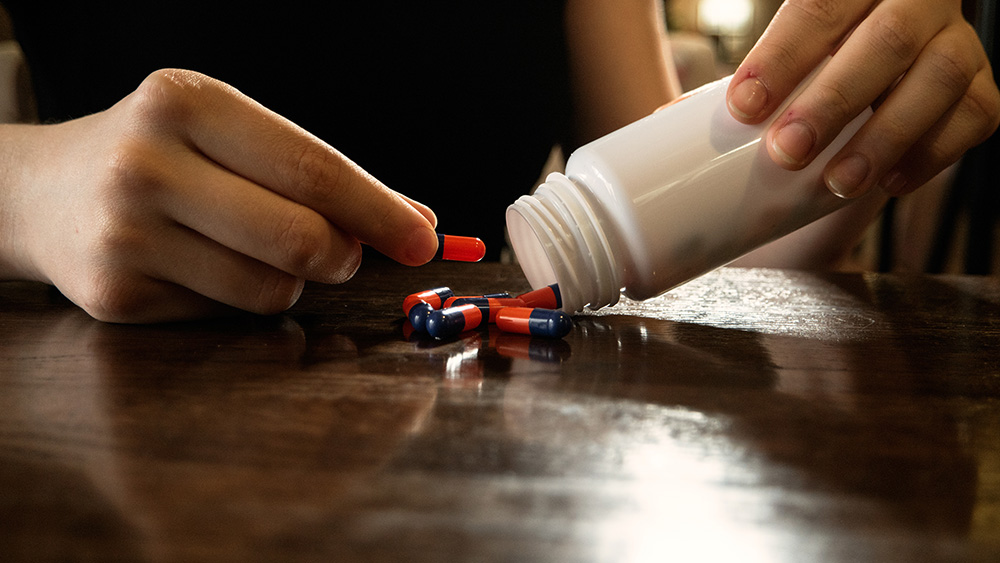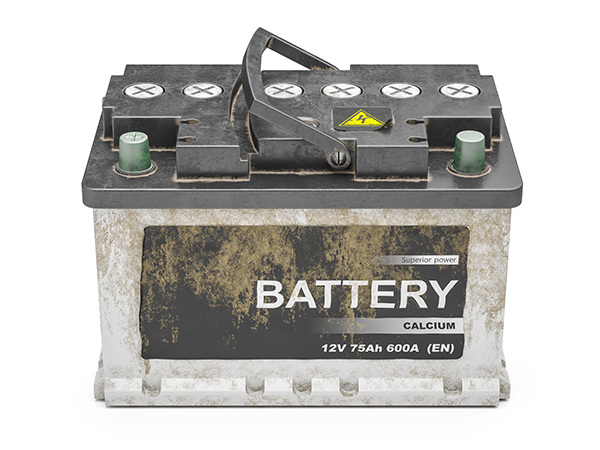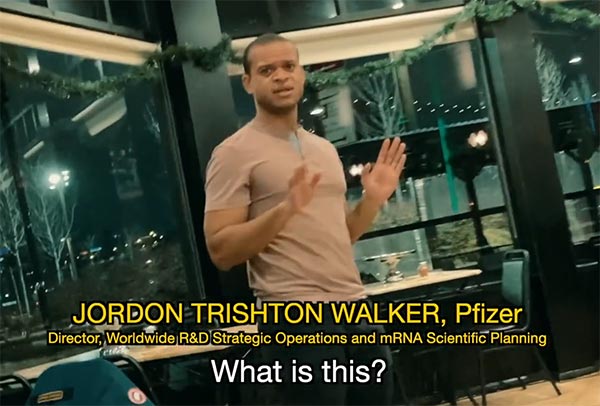Organs for freedom: Massachusetts Dems propose reduced sentences for prisoners who donate their organs or bone marrow
02/02/2023 / By Arsenio Toledo

Democrats in the Massachusetts House of Representatives have proposed a bill that would offer prisoners reduced sentences if they donate their organs or bone marrow.
State Reps. Carlos Gonzales and Judith Garcia, the main sponsors of the legislation, said the bill would create a new branch of the Massachusetts Department of Corrections (MODOC), known as the Bone Marrow and Organ Donation Program, which would grant prisoners reduced sentences for donating organs or bone marrow. (Related: Scientists pressuring FDA to approve use of bioengineered animal organs in human transplants.)
Gonzales and Garcia believe that expanding the pool of organ and bone marrow donors to include incarcerated people could “extend the chances of life” for the thousands of state residents currently sitting on organ donor waiting lists.
Garcia added that the program would “restore the bodily autonomy” of the state’s incarcerated population.
Under the current iteration of the proposed legislation, the state’s 6,000 incarcerated men and women would be given the opportunity to shave anywhere from 60 days to a year off their sentence if they donate bone marrow or an organ.
This voluntary program would be overseen by a newly established five-person committee within MODOC, and led by the department’s commissioner or designated representative.
The committee would also be responsible for creating a range of standards that includes the “amount of bone marrow and organ(s) donated to earn one’s sentence to be commuted.” The committee will also submit reports to the state government regarding annual donations and “estimated lifesavings associated with said donations.”

Ethicists warn of coercive nature of proposal
The potential for creating a system that would reward the donation of irreplaceable human organs has unsettled many prisoners’ rights advocates and medical ethicists, who questioned whether the state’s prison system, which is already struggling to provide adequate healthcare to inmates, could meet the medical needs of donors facing a long and difficult recovery.
“It’s like you’re harvesting organs. It just doesn’t feel right. It doesn’t feel humane,” said Romilda Pereira, founder of Project Turnaround, which provides aid to the formerly incarcerated. “You’re bargaining with vulnerable people over their time.”
“There are certainly ways we can engage our free communities in educating them about the options of organ and bone marrow donation,” noted Monik Jimenez, an epidemiologist at Brigham and Women’s Hospital in Boston. “But going to our incarcerated population as a source is problematic at best, and exploitative… ‘We’ll give you a year in exchange for an organ.’ I find that perverse.”
Kevin Ring, president of the nonprofit organization Families Against Mandatory Minimums, noted that the proposed legislation sounds like “something out of a science fiction book or horror story.” He warned that this proposal will turn the state’s incarcerated population into a lower class of people whose only purpose will be to have their body parts harvested.
“Because they’re so desperate for freedom … they’d be willing to do this,” he said. Ring himself served 20 months in federal prison in the late 2000s over public corruption charges. He said he would have considered doing anything to reduce his sentence, making the whole proposal feel like a very coercive idea that preys on the desperation of inmates who want to be released.
“In most state systems, you earn good time credits from participating in programming that is intended to reduce your risk of re-offending, so those things make sense,” said Ring, citing job training and drug treatment programs as good examples of rehabilitation initiatives.
“Those are things that are at least connected, relevant to releasing them early. [Organ donation] seems like it’s not, though, and it just begs the question, like, how about two years off for a limb, for an amputee? What’s going on here? It’s dark.”
Watch this episode of the “Health Ranger Report” as Mike Adams, the Health Ranger, talks to investigative journalist Mitchell Nicholas Gerber about organ harvesting and trafficking operations in China.
This video is from the Health Ranger Report channel on Brighteon.com.
More related stories:
Black market for body parts exists in America… funeral home operator just charged in criminal scheme.
Ukrainian Red Cross accused of involvement in harvesting children’s organs.
Sources include:
Submit a correction >>
Tagged Under:
big government, coercion, conspiracy, democrats, ethics, evil, freedom, incarcerated, insanity, Liberty, lunatics, Massachusetts, medical violence, organ donation, organ harvesting, organ transplant, organs, prisoners, Twisted, unhinged
This article may contain statements that reflect the opinion of the author




















